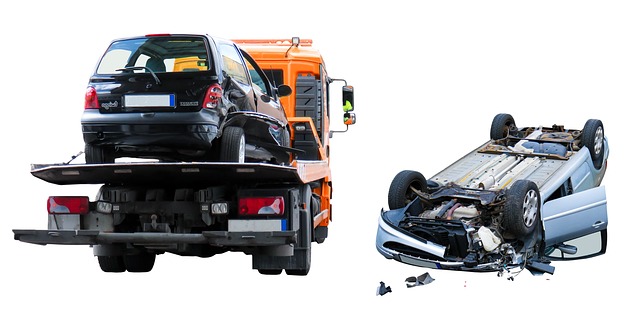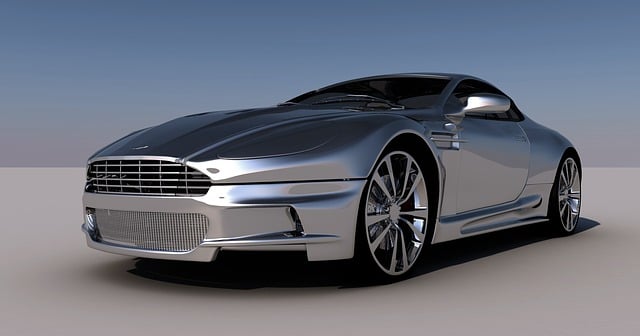In a motorcycle accident without helmet, proper protection is crucial due to high velocities and exposed positions. Helmets, with advanced impact-absorbing materials like EPS foam, significantly reduce the risk of traumatic brain injuries (TBIs) and life-altering injuries. Legal protections against caregiver abuse also benefit from helmet wear. Choosing the right helmet with features like ventilation systems and adjustable chinstraps ensures a secure fit. Investing in high-quality motorcycle helmets could prevent severe injuries and legal complications from accidents, including truck collisions or nursing home abuse cases.
In the high-risk world of motorcycle riding, understanding the consequences of accidents is crucial. When involved in a crash, an unprotected head faces severe risks—a stark reality that highlights the indispensable role of helmets. This article delves into the critical aspect of motorcycle safety: how helmets act as a shield, protecting riders’ most vital organ during unforeseen events. We explore the key features to consider when choosing a helmet, ensuring you’re prepared for the road ahead.
- Understanding the Risk: Unprotected Heads in Motorcycle Accidents
- The Role of Helmets: Protecting Your Most Vital Organ
- Choosing the Right Helmet: Features That Make a Difference
Understanding the Risk: Unprotected Heads in Motorcycle Accidents

In a motorcycle accident without a helmet, the risks for serious head injuries are significantly higher. Riders’ heads are often exposed to severe impacts during collisions, which can lead to traumatic brain injuries (TBI) or even wrongful death. Unlike other vehicle accidents, slip and fall injuries are not typically involved in motorcycle incidents; instead, the forces at play are much more intense due to the lack of protection. Without a helmet, a rider’s head can sustain devastating trauma from the road surface, another vehicle, or nearby objects, resulting in life-changing injuries or tragic outcomes.
The importance of wearing a properly fitted and certified motorcycle helmet cannot be overstated. It acts as a crucial barrier between the rider’s head and potential dangers. In the event of an accident, a helmet can significantly reduce the risk and severity of head injuries, potentially saving lives. Sadly, caregiver abuse cases involving motorcycle riders are not uncommon, emphasizing the need for protection to prevent not just physical harm but also legal consequences related to such incidents.
The Role of Helmets: Protecting Your Most Vital Organ

In the event of a motorcycle accident, the role of a helmet becomes pivotal in protecting one of the most vital organs—the brain. A properly fitted and approved motorcycle helmet can significantly reduce the risk of severe head injuries, including traumatic brain injuries (TBIs). These injuries can have devastating, long-lasting effects on an individual’s physical and cognitive abilities, impacting their ability to work, engage in everyday activities, or even survive.
Compared to driving a car, where various safety features and enclosed spaces offer protection, motorcyclists are more exposed. In the event of a crash, they often experience high velocities and direct impact, making helmets an indispensable piece of protective gear. While the discussion around personal freedom and choice exists, the advantages of wearing a helmet in preventing life-altering injuries and fatalities from motorcycle accidents without a helmet far outweigh any perceived inconveniences.
Choosing the Right Helmet: Features That Make a Difference

When it comes to motorcycle safety, selecting the ideal helmet is a life-saving decision. Not all helmets are created equal; certain features offer enhanced protection in the event of a motorcycle accident without helmet. Look for models with advanced impact-absorbing materials like EPS (Expanded Poly Styrene) foam, which distributes and reduces the force of impact during a collision.
Additional factors to consider include ventilation systems for comfort during extended rides and adjustable chinstraps ensuring a secure fit. Modern helmets often incorporate LED lights for visibility and reflective properties that increase rider predictability on the road. Remember, investing in a high-quality helmet could be the difference between a minor scare and a devastating truck accident lawyer case or even preventing a nursing home abuse incident from occurring.
In the event of a motorcycle accident, wearing a helmet is not just a recommendation—it’s a life-saving measure. By understanding the risks and choosing the right protective gear, riders can significantly reduce the severity of head injuries. The benefits of helmets are clear: they provide a crucial barrier between your head and the road, offering vital protection in scenarios where every second counts. So, before you hit the open road, ensure you’re equipped with the best defense—a high-quality helmet—to navigate the journey ahead safely.





